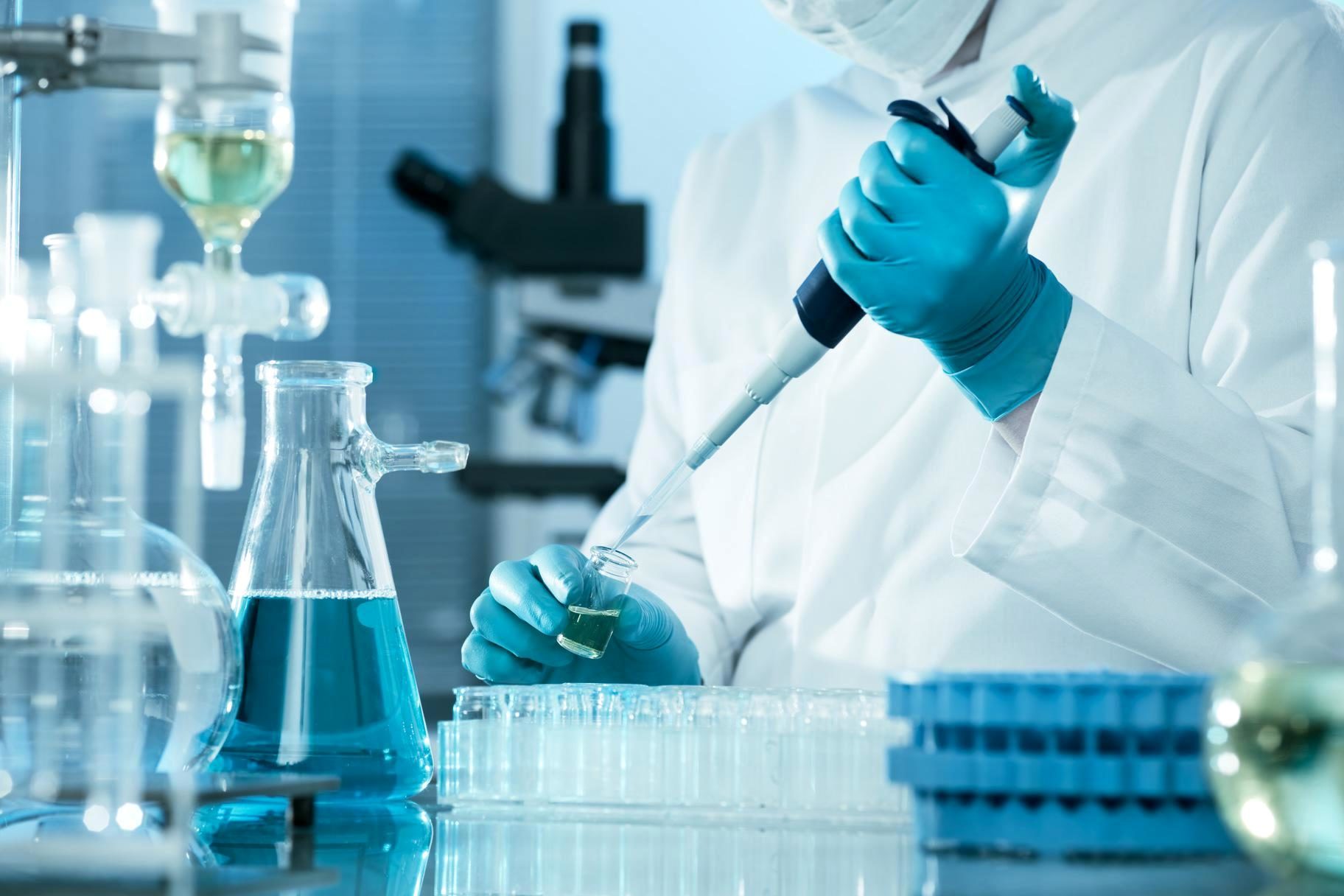IEC 61010 Safety Testing of Measurement Equipment with Chemical Exposure
The IEC 61010 series of standards is a cornerstone in ensuring that electrical measuring instruments and related equipment are safe for use in potentially hazardous environments, especially those exposed to chemical substances. This service focuses on the specific testing requirements laid out by IEC 61010-4-8, which pertains to the safety assessment of measurement equipment under the influence of corrosive media.
Quality managers and compliance officers often face challenges in ensuring that their instruments meet both functional performance standards and stringent safety criteria. This service provides a comprehensive approach by aligning with international best practices as outlined in IEC 61010-4-8, which is essential for equipment used in automotive testing where chemical exposure is common.
The process begins with thorough pre-testing inspections of the instruments to ensure they are in optimal condition. Following this, we subject them to a series of tests that mimic real-world scenarios of chemical exposure. This includes using corrosive media such as acids, alkalis, and solvents, which are representative of those found in automotive manufacturing plants.
Our testing facility uses state-of-the-art equipment capable of simulating various environmental conditions, including temperature variations, humidity levels, and pressure changes. The goal is to replicate the operational environment that the equipment will encounter in its intended use. This ensures that not only does the equipment function correctly but it also remains safe for human operators.
The acceptance criteria are stringent and based on international standards such as IEC 61010-4, which mandates that all electrical measuring instruments must be robust enough to withstand the specified levels of chemical exposure without compromising their accuracy or safety. Failure during any phase of the test indicates a need for rework or replacement.
The results of these tests are meticulously documented and presented in detailed reports. These reports include not only the outcomes of individual tests but also an analysis of how the equipment performed under different conditions. This data is invaluable for quality managers to make informed decisions about procurement, maintenance schedules, and potential upgrades.
| Test Parameter | Description | Acceptance Criterion |
|---|---|---|
| Corrosion Resistance Test | Exposure to corrosive media for 100 hours at specified temperatures. | No visible signs of corrosion or degradation in performance. |
| Voltage Stability Test | Testing the equipment under varying voltage conditions. | Maintaining accuracy within ±2% of nominal value. |
| Humidity and Temperature Cycling | Cycling through extreme temperature and humidity levels. | No functional failures or performance drops beyond allowable limits. |
The competitive advantage of this service lies in its ability to provide a thorough, industry-standard testing regimen that ensures the safety and reliability of measurement equipment used in automotive manufacturing. This is critical for maintaining compliance with international regulations and ensuring workplace safety. By adhering strictly to IEC 61010-4-8 standards, we not only meet but exceed the expectations set by regulatory bodies.
The market impact of this service extends beyond compliance; it enhances brand reputation by demonstrating a commitment to excellence in product quality and safety. For R&D engineers, this service offers invaluable insights into how equipment behaves under real-world conditions, aiding in the development of safer and more robust products.
Scope and Methodology
- Pre-Testing Inspection: Ensuring the equipment is in optimal condition before testing.
- Chemical Exposure Simulation: Replicating real-world exposure to corrosive media.
- Functional Performance Testing: Evaluating accuracy and performance under specified conditions.
- Safety Assessment: Ensuring the equipment remains safe for human operators during use.
The scope of this service encompasses a wide range of measurement instruments used in automotive testing, including but not limited to, voltmeters, ammeters, and multimeters. The methodology is designed to be flexible enough to accommodate different types of equipment while maintaining the highest standards of safety and reliability.
Competitive Advantage and Market Impact
The IEC 61010 series of standards has been widely adopted by industries that require high levels of measurement accuracy in potentially hazardous environments. By offering specialized testing for chemical exposure, our service stands out as a leader in this field. This not only enhances the safety profile of automotive equipment but also fosters trust among clients and stakeholders.
The competitive advantage lies in our ability to provide a comprehensive, standardized approach that is both rigorous and efficient. Compliance with IEC 61010-4-8 ensures that our clients are always ahead of regulatory changes and industry trends. This service is particularly beneficial for companies looking to expand their operations into new markets where stringent safety standards are enforced.
The market impact extends beyond individual customers; it contributes to the overall improvement in workplace safety across the automotive sector. By setting a high bar for equipment safety, we influence the development of safer products and processes, ultimately benefiting both manufacturers and end-users.
Use Cases and Application Examples
- Automotive Manufacturing: Ensuring that measurement instruments used in production lines are safe from chemical exposure.
- R&D Laboratories: Testing new equipment for their robustness under various environmental conditions.
- Maintenance Departments: Regular testing of tools and instruments to ensure they remain safe and effective.
- Safety Audits: Providing data to support compliance audits with international standards.
In a typical use case, an automotive manufacturer would subject their measurement equipment to our rigorous testing regimen. This ensures that the equipment can withstand the harsh chemical environments found in their production facilities without compromising accuracy or safety. The results of these tests are then used by quality managers and compliance officers to make informed decisions about procurement and maintenance.
R&D engineers also benefit from this service, as it provides them with real-world data on how different instruments perform under various conditions. This information is invaluable for the development of new products that meet both functional and safety requirements. Maintenance departments use these results to schedule regular checks and replacements, ensuring continuous compliance and operational efficiency.





